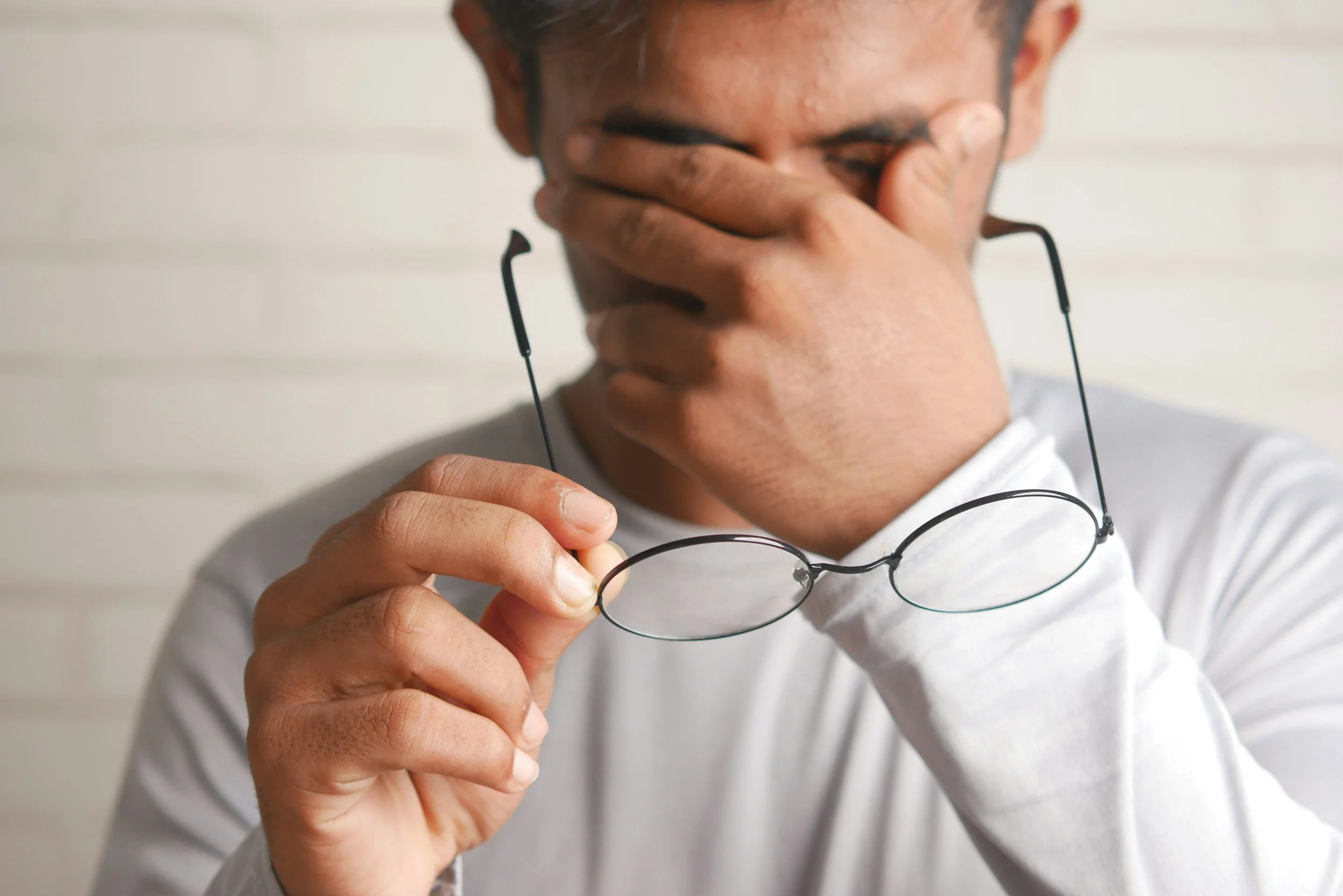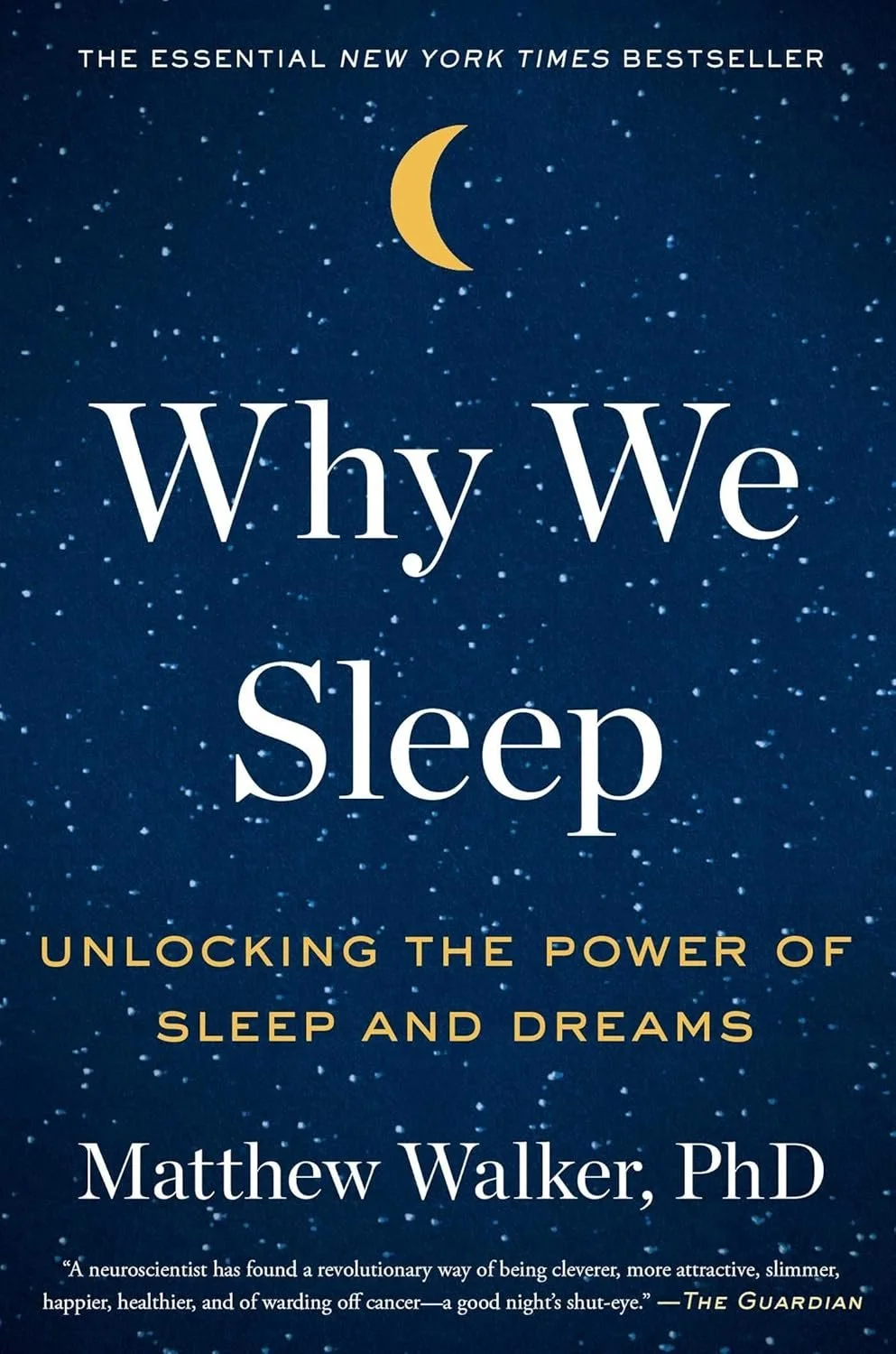Why Am I So Sleepy?
If you’ve ever asked yourself this question, you’re not alone. Maybe you’re nodding off in meetings, struggling to stay alert while driving, or reaching for your fourth cup of coffee before noon. Feeling sleepy all the time isn’t something to ignore. It’s often a sign that your sleep quality or quantity isn't where it should be.
Dr. Matthew Walker’s bestselling book Why We Sleep is packed with compelling research that proves sleep is more than just rest. Sleep is integral for our body’s repair, restoration, and even survival. Here are three striking examples from the book:
1. Sleep Loss Devastates Your Immune System
Walker describes a study where just one night of only four hours of sleep reduced natural killer cell activity (your body's cancer-fighting cells) by 70%. These are the cells that patrol your body looking for and destroying cancerous growths.
2. Sleep and Memory Go Hand in Hand
When you sleep, your brain organizes new information, strengthens memories, and clears out waste products that build up during the day. Walker describes sleep as both a "save button" and a "memory booster." Without enough deep sleep, it becomes harder to concentrate, retain information, and make good decisions.
3. Sleep Loss Increases the Risk of Heart Disease and Stroke
Even modest reductions in sleep can cause blood pressure to spike and increase inflammation in blood vessels. Both of these are linked to heart attacks and strokes. Walker notes that the Monday after daylight saving time (when we lose just one hour of sleep), there’s a 24% increase in heart attacks.
How Do I Know If I’m Too Sleepy?
Enter the Epworth Sleepiness Scale. It is a simple, validated questionnaire that measures how likely you are to fall asleep during daily activities like watching TV, sitting in a meeting, or driving. You rate your likelihood from 0 (would never doze) to 3 (high chance of dozing). Your total score can range from 0 to 24.
What Do the Scores Mean?
0–10: Normal sleepiness
11–14: Mild excessive daytime sleepiness
15–18: Moderate sleepiness
19–24: Severe sleepiness
If your Epworth score is 11 or higher, it’s worth digging deeper. According to the American Academy of Sleep Medicine, patients with scores above 10 should be evaluated for sleep disorders. This usually starts with a consultation and a sleep study, which is a test that monitors your breathing, oxygen levels, and movements during the night.
The First Step Toward Better Sleep
If you’re constantly tired, don’t assume it’s just stress or a busy schedule. Sleep problems are very common, often treatable, and widely overlooked. The first step is figuring out why your sleep isn’t working for you.



